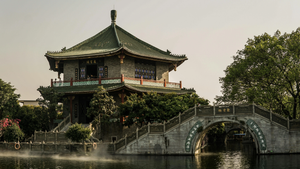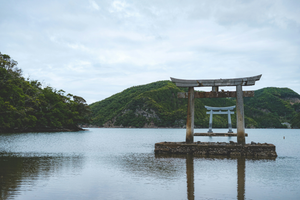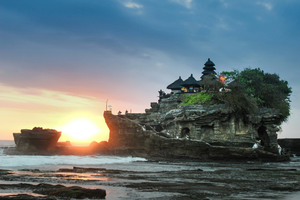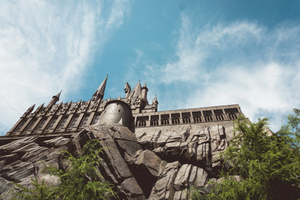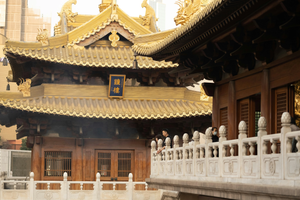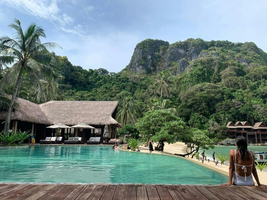A Cultural Mosaic: The Taoist Temples of Wudang Mountains
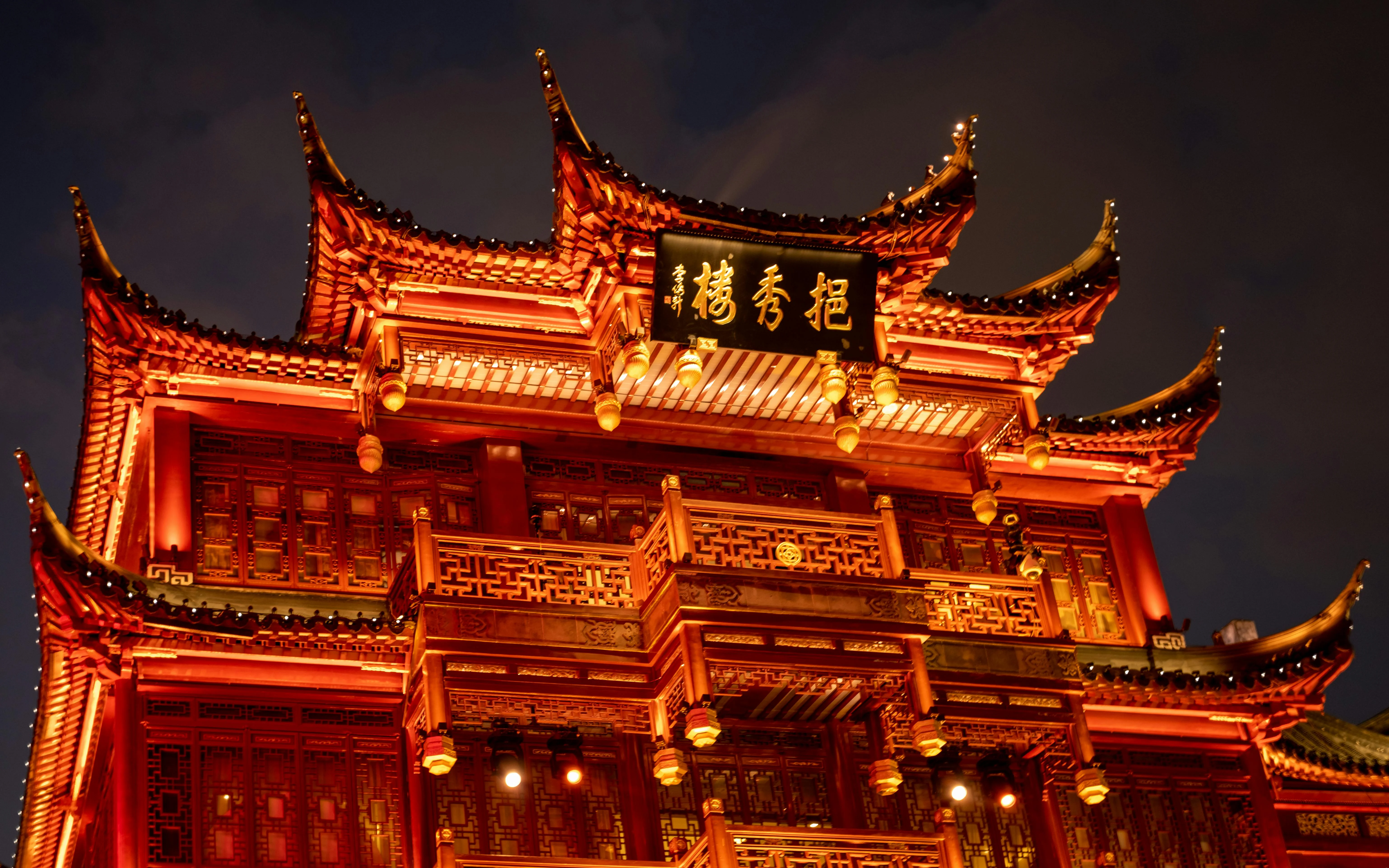
The serene Wudang Mountains, famed for their role in Chinese martial arts and spirituality, offer a unique cultural expedition that transports travelers to the heart of Taoism. Located miles away from the bustling metropolis of Shanghai, these mountains house a myriad of ancient Taoist temples, each narrating a distinct story from China's rich cultural tapestry. For the budget traveler in China, an exploration of the Wudang Mountains promises not only spiritual enrichment but also a sustainable journey into a legacy less trodden.
The Historical Allure of Wudang Mountains
The architectural grandeur of its temples, built over centuries, showcases intricate designs reminiscent of traditional Chinese aesthetics. These structures are more than just religious sites; they are historical chronicles that reflect the evolution of Chinese culture and spirituality.
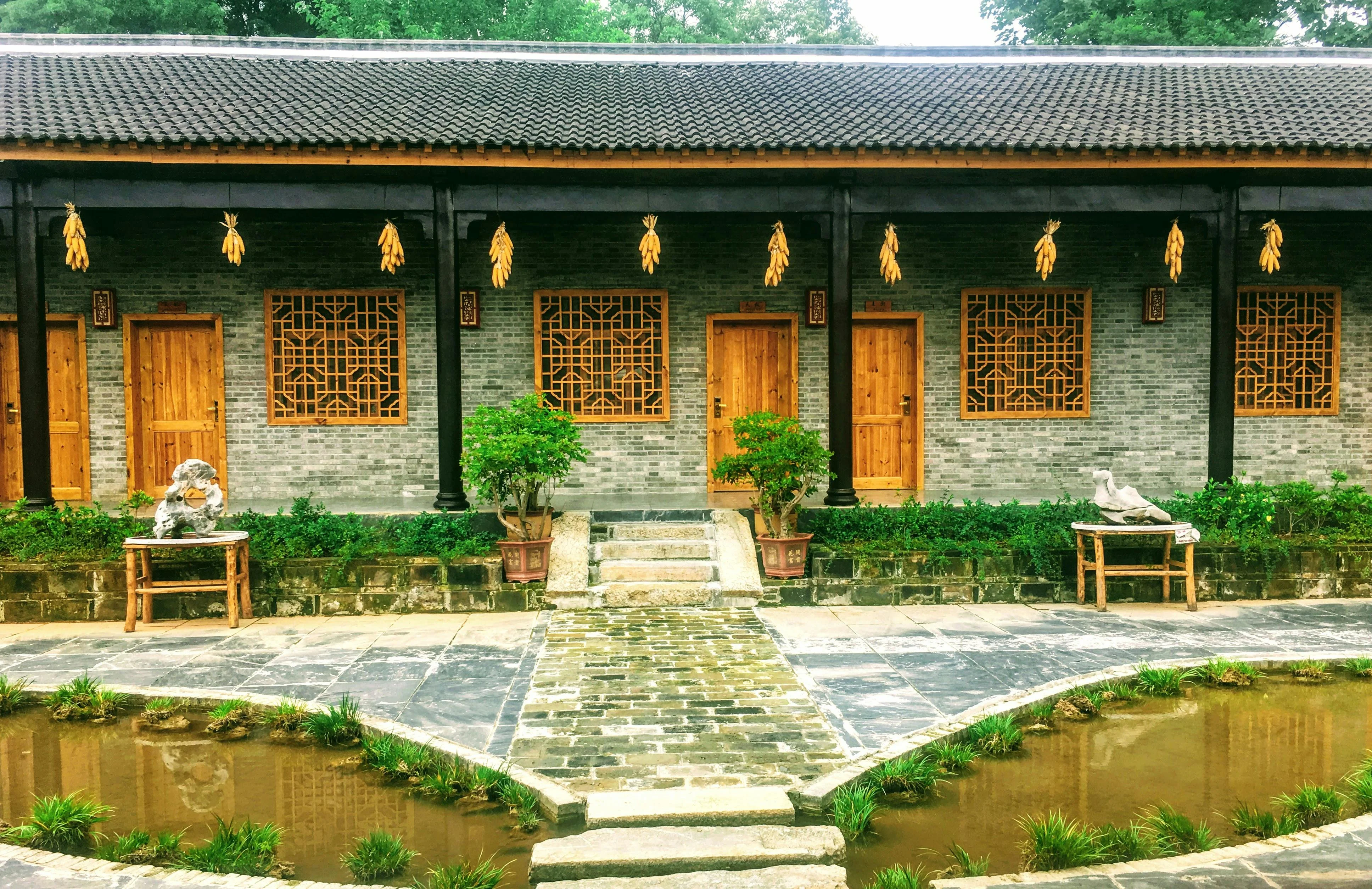
Exploring the Iconic Temples
The Purple Cloud Temple
Arguably the most distinguished of all, the Purple Cloud Temple (Zixiao Gong) commands attention with its regal presence. Built during the Ming Dynasty, it is an exemplary piece of Taoist religious architecture. The temple complex comprises halls and towers adorned with statues of deities, offering a captivating glimpse into the revered rituals performed here. Visitors can wander through gardens, soaking in the tranquility and rich history encased within these ancient walls.
The Nanyan Temple
Known for its radical rock structure, the Nanyan Temple sits perched on a cliff, offering breathtaking views of the surrounding lush landscapes. This temple is said to be the site where Emperor Zhen Wu founded his path to enlightenment, adding an air of mystical allure. The marvel of Nanyan lies in its capacity to fuse the natural beauty of mountains with thoughtfully constructed religious artifacts.
The Golden Hall
Perched atop the Tianzhu Peak, the Golden Hall stands as a testament to ancient Chinese engineering. This entirely copper structure, gilt with gold, emblematically shines against the mountainous backdrop, making it a sight to behold. Visitors who make their way up the challenging trek are rewarded with panoramic views that encapsulate the grandeur of the entire mountain range.
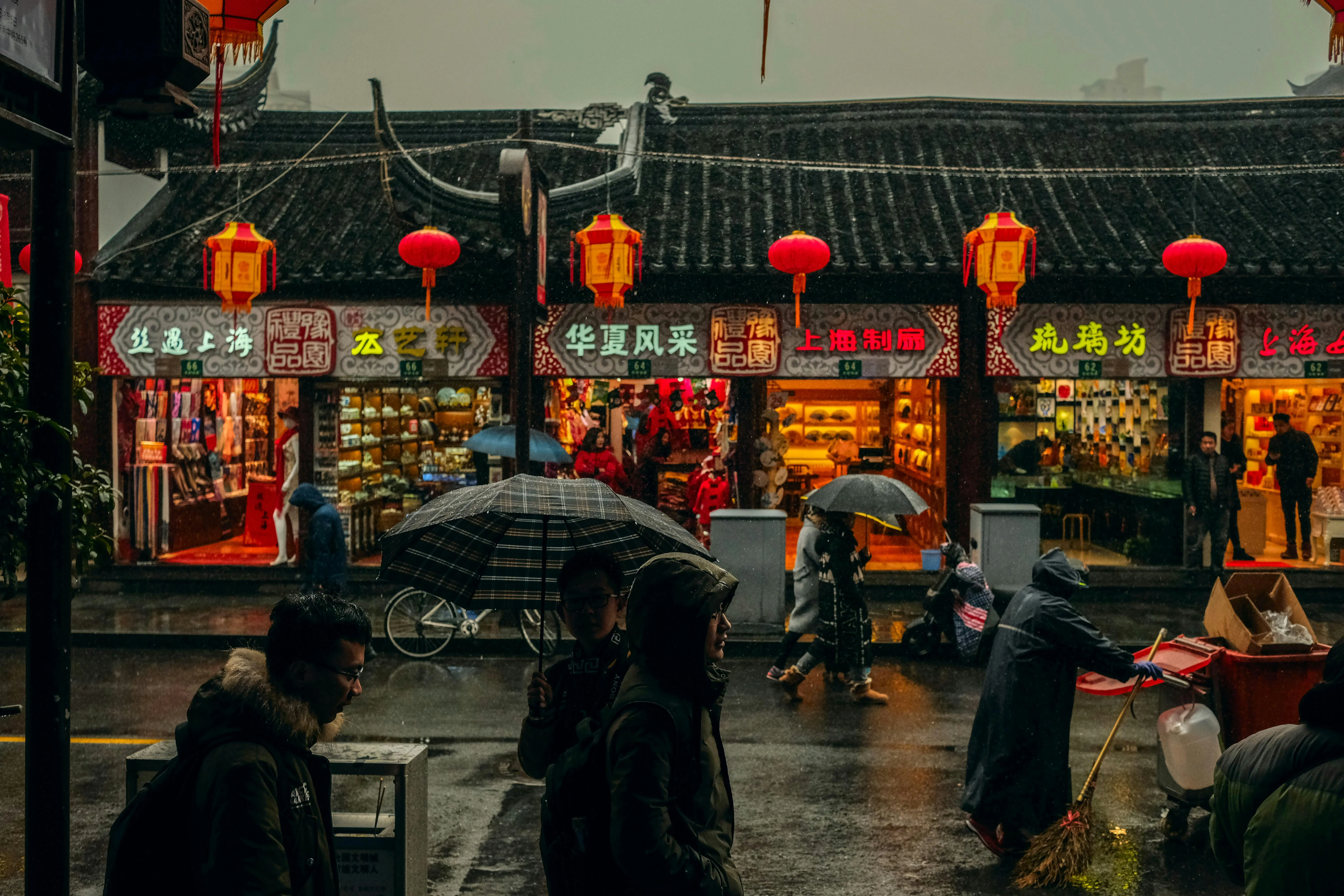
Practical Tips for Budget Travelers
Traveling to the Wudang Mountains from Shanghai doesn't have to be expensive. For budget-conscious adventurers, here are some handy tips to make the journey both affordable and enriching:
- Transportation: Opt for a train ride from Shanghai to Shiyan City, the gateway to Wudang. From there, local buses provide an economic mode of transportation directly to the mountains.
- Accommodations: Look for local guesthouses or hostels in Shiyan or near the mountain base. They offer comfortable stays at a fraction of the cost compared to luxury hotels.
- Dining: Savor authentic Chinese meals at local eateries, offering delicious and inexpensive cuisine that adds flavor to your cultural experience.
- Entry Passes: Local tour operators often provide discounted entry tickets for temple visits; booking in advance can lead to further savings.
The Spiritual Connection
More than just a sightseeing opportunity, visiting the Wudang Mountains serves as a chance to immerse oneself in the essence of Taoist philosophy—connecting more deeply with nature, harmony, and internal balance.
For visitors from Shanghai and beyond, the mountains offer a precious escape from the city's urban rush, providing a moment of introspection and spiritual enlightenment. The teachings of Taoism, focusing on simplicity, humility, and self-cultivation, resonate through the serene ambience of these temples, leaving visitors with a sense of peace long after they have departed.
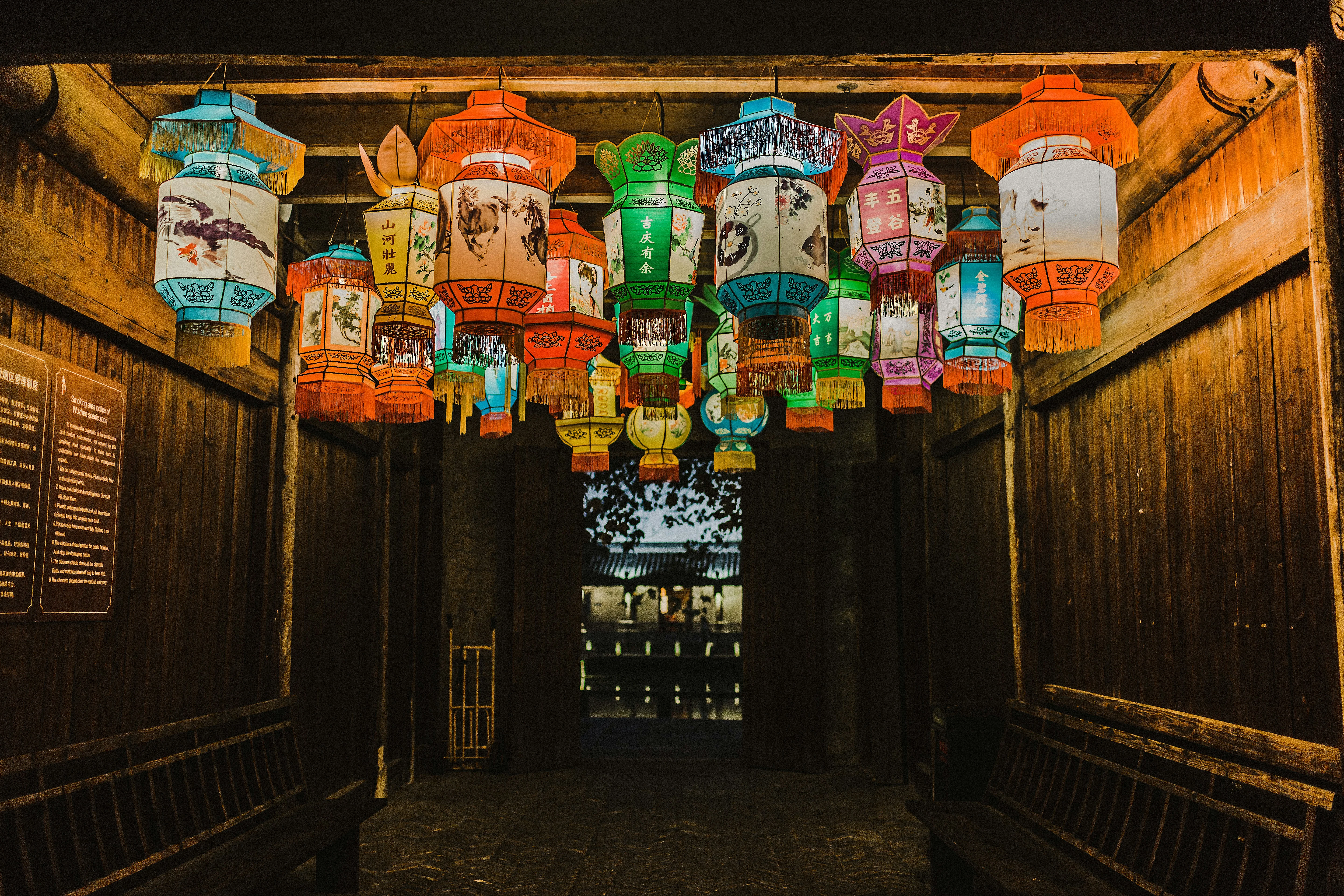
Conclusion
The Wudang Mountains represent an essential pilgrimage for anyone looking to unravel the intricate web of Chinese culture and spirituality. This journey, though gentle on the wallet, promises a wealth of enlightenment and serenity. For residents of Shanghai and other parts of China, the Wudang Mountains serve as a reminder of the rich cultural heritage that knots the modern and spiritual realms together. Embrace this cultural mosaic, and let the Taoist temples of the Wudang Mountains leave an indelible mark on your soul.
